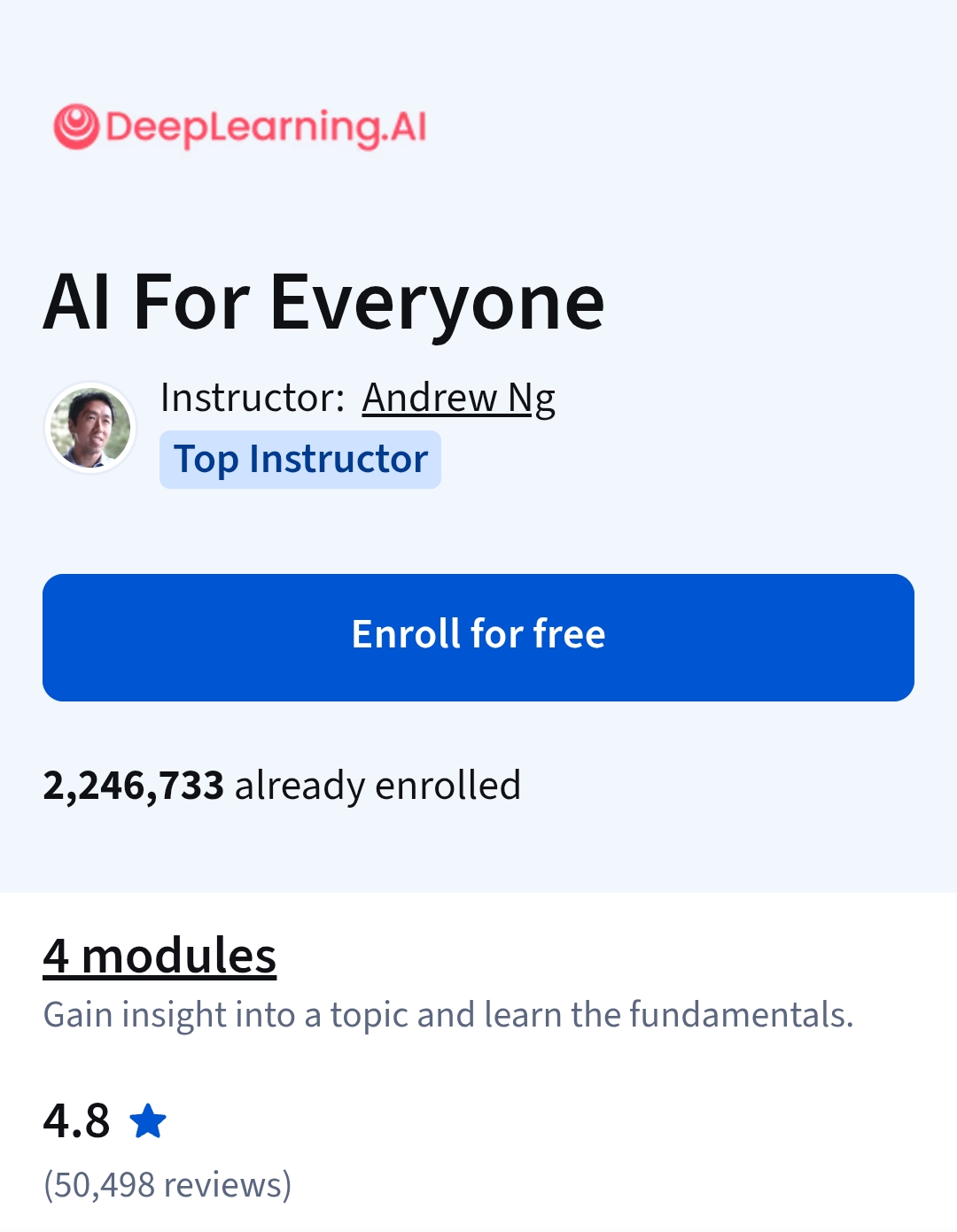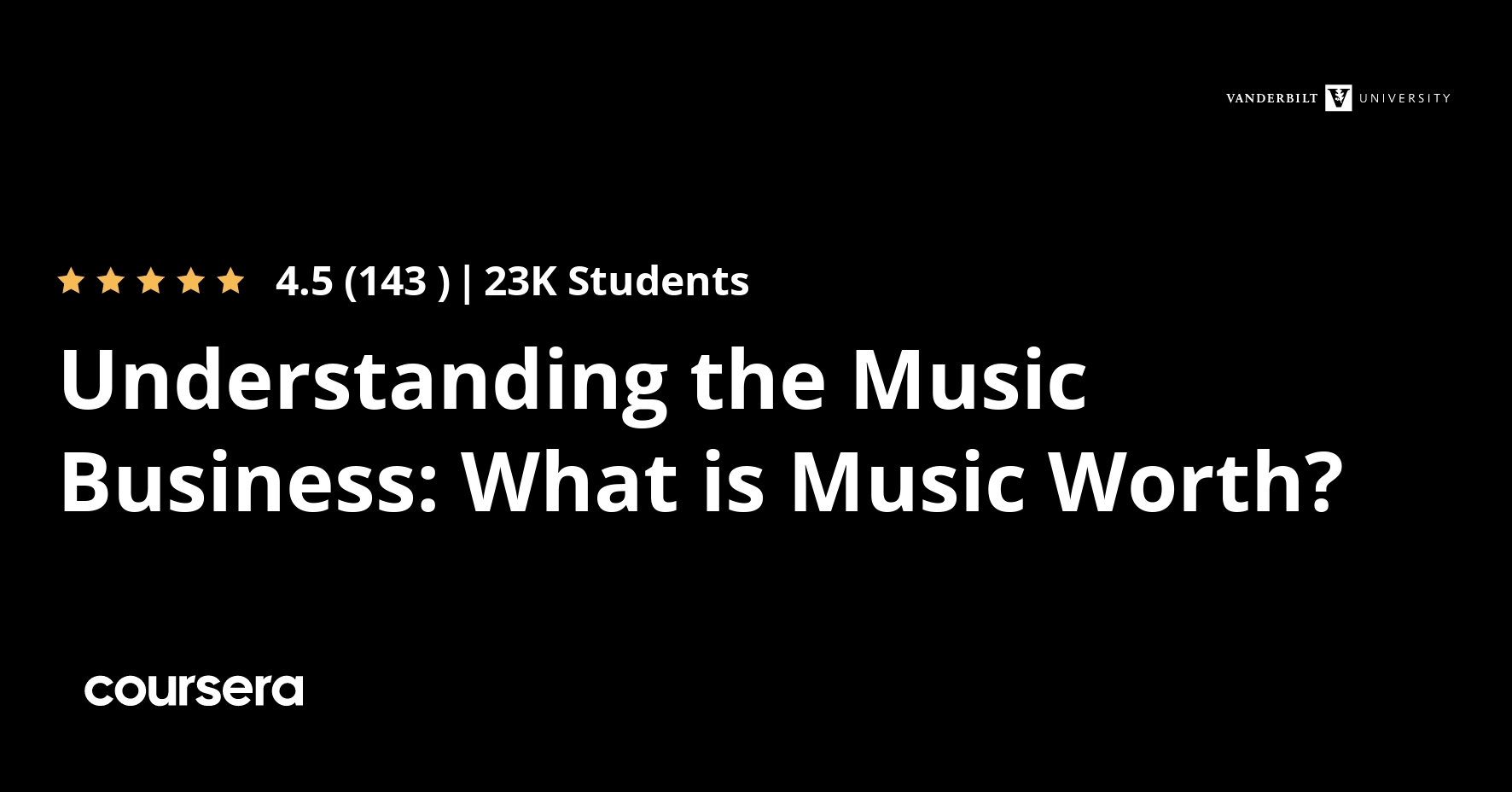Description
This course will examine the music industry in the United States, with the unique perspective gained by Vanderbilt University’s location in Nashville, TN. Nashville is a major center of music in the United States, and the music created here has a global reach, particularly in the country, rock, pop, singer-songwriter, and Americana genres. However, students will learn that the basic principles of recording, marketing, copyright, licensing, and live performance are the same, regardless of musical style or genre.
The music business is one of the most rapidly changing industries in the US today. It is also an industry filled with contradiction, and media headlines and anecdotal stories often add to the confusion. Here are just a few statements paraphrased from recent news stories:
* The music business has collapsed
* Demand for music is expanding at the greatest rate in history
* Historic recording studios are closing at an alarming rate
* More people are making recordings than ever before
* Musicians usually lose money touring
* Musicians usually make money touring
* Major artist pulls songs off streaming services because they don’t pay fairly
* Major artist makes a fortune from streaming services
* People won’t buy records anymore
* Vinyl record sales are soaring
This course will attempt to make sense of these seemingly contradictory trends and data, outline the basic structure and mechanisms of today’s music industry, and encourage students to think critically and entrepreneurially about the future of music. Leaders from various areas of the music business will lend their perspectives through in-depth interviews, and footage from a recording session will give learners a behind the scenes look at how a song goes from the spark of an idea hummed into a cell phone to a finished recording.
Participants will grapple with questions about art and commerce which are both timeless and crucially important today, and will emerge from this course with tools allowing them to make more informed decisions as creators, promoters, and consumers of music.
Course launches February 19, 2016.
What you will learn
Recording & Record Labels, Part 1
Part 1 of this module will cover the basics of audio recording. You’ll learn about the pros and cons of home vs. studio recording, hear perspectives from both home and professional studio owners, and learn about different jobs and roles in recording environments. Finally, you will watch the evolution of the theme song for our course, starting with a rough demo sung into a phone recording app, and following through to the end of the recording session with professional musicians in Nashville.
Recording & Record Labels, Part 2
Week 2 of the Recording & Record Labels module considers questions about education and the music business (and includes an interview with a music school dean), reviews the history of audio formats with an on-location visit to a popular music archive, and outlines the differences between major and independent record labels. At the end of this module, you will be asked to think about the current state of the recording industry, and consider questions about the value of recorded music in a rapidly shifting environment. What is a recording worth?
Copyright & Publishing
In this module, learners will wade into the complicated world of music copyright and publishing. Interviews with an executive from a performing rights organization and another music school dean with a background in publishing and intellectual property rights will help to decipher the world of publishing- and sound recording-related royalties and the question of public domain. The question of fair payment to songwriters is one of the most hotly contested issues in the music industry today, and you will think critically about how value is assigned to compositions in different media environments. What is a song worth?
Media
The subjects in this segment – PR, publicity, marketing, social media, radio, and streaming services – could all come under the heading “Getting The Word Out”, or “Cutting Through The Noise.” You will learn how innovations in technology are changing the means by which audiences connect with music, and you will consider the ways that innovation causes controversy within the music industry, as old boundaries are challenged. You will hear about jobs and roles related to media and music. Interviews with a radio station owner and a communications school dean will highlight the important issues and shifts happening in this field.





